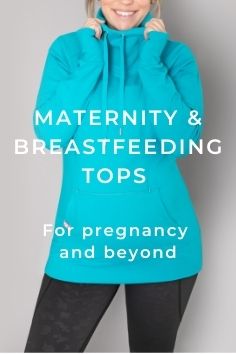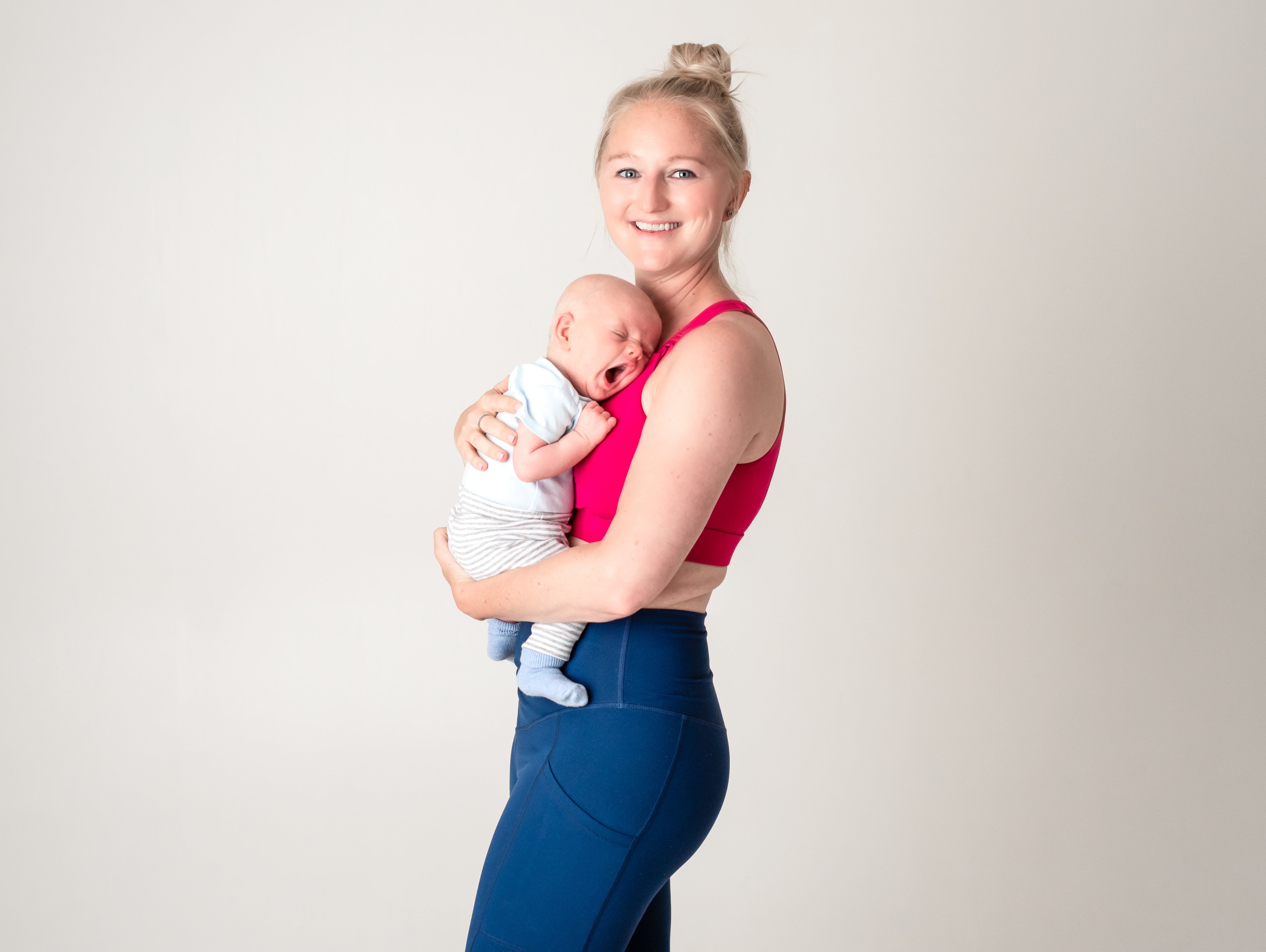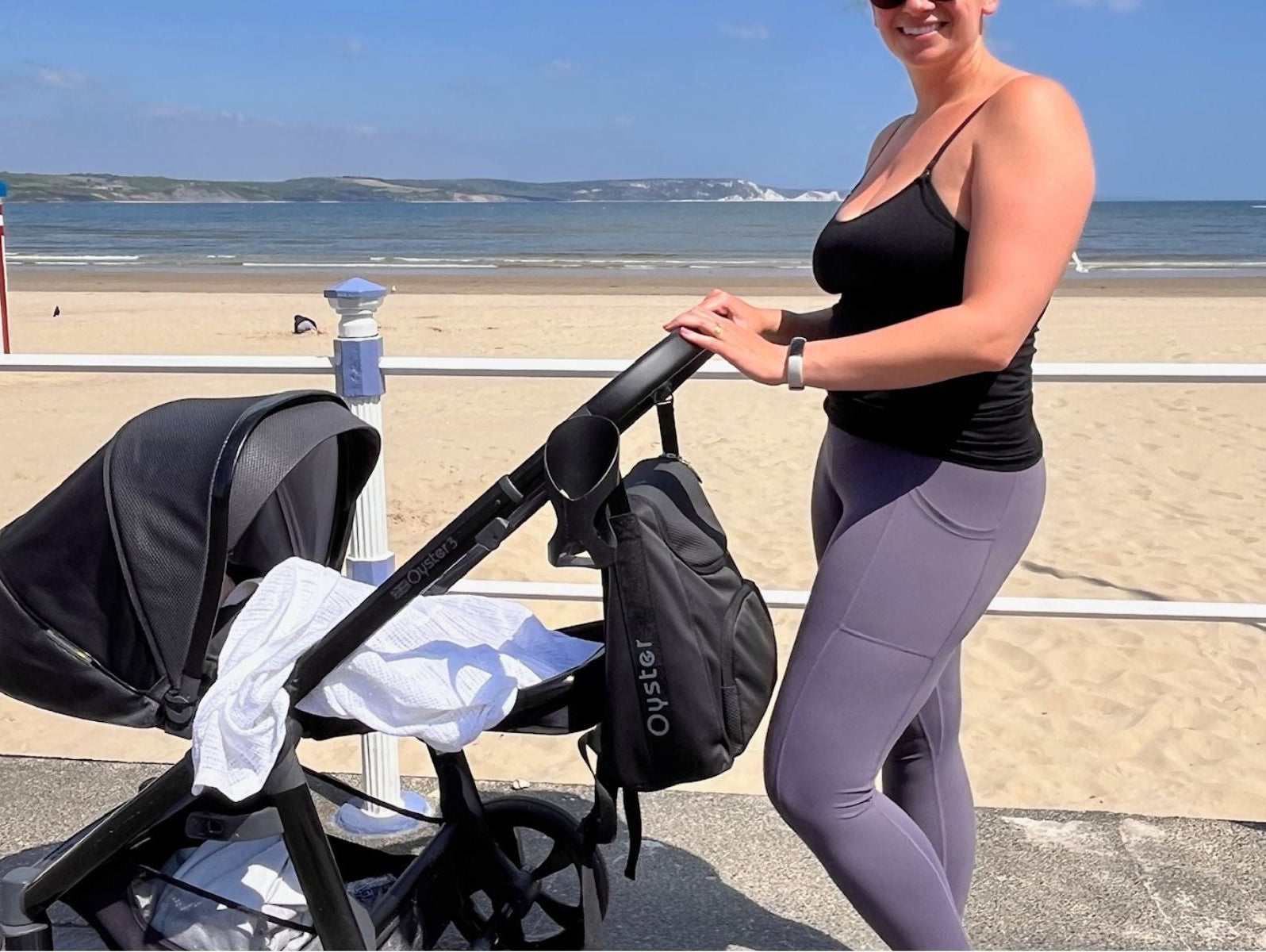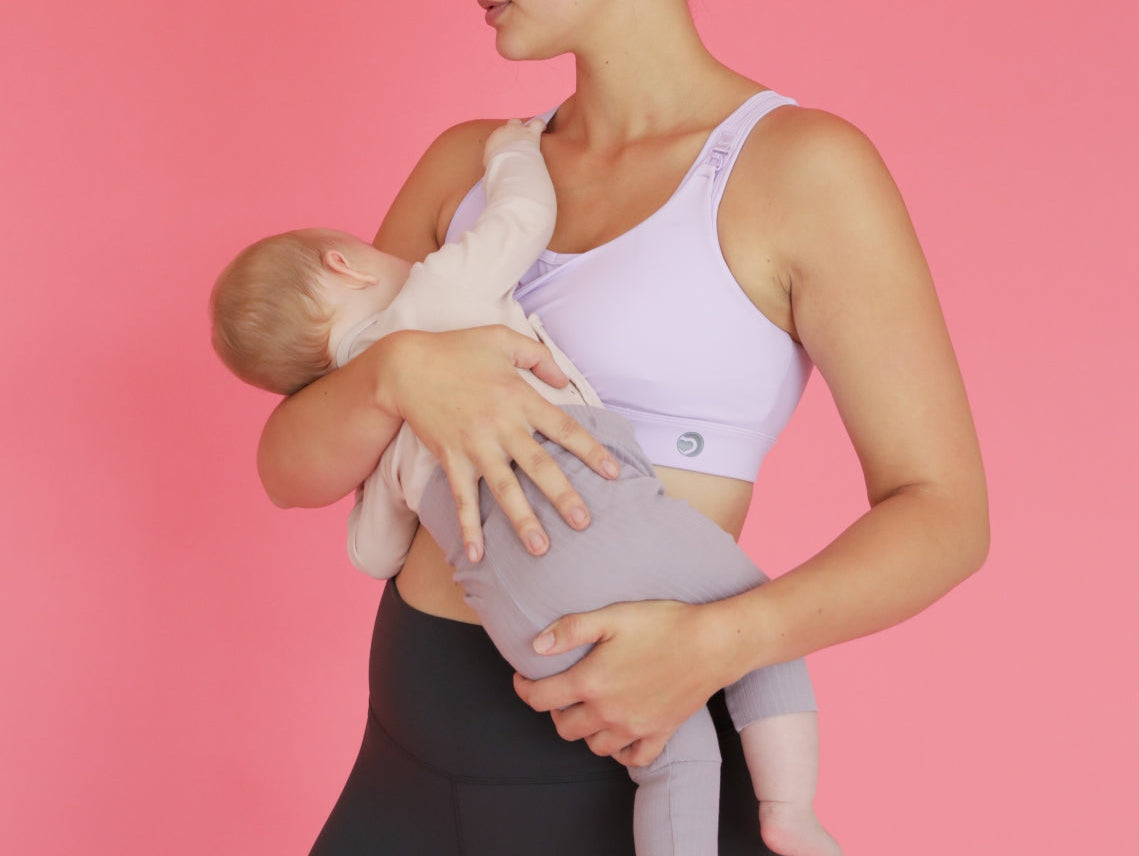Feeling baby movements in pregnancy for the first time is undoubtedly one of the most exciting sensations.
Whether it’s like ‘popping corn’, a slightly gassy feeling, or even a full-on kick to your ribcage, every movement is not only an important reminder of the precious cargo you are carrying, but is also an important indicator of how your baby is doing in the womb.
Kicks Count is a charity that works to spread awareness of the importance of regularly monitoring your baby’s movements, offering advice on what to do if their movement patterns change or slow down. Feeling your baby move is a sign that they are well and if you have any concerns over your baby’s movements, it is vital to contact your maternity unit for monitoring.
Reducing the rate of still birth
The charity’s main goal is to reduce the stillbirth and neonatal death rate in the UK, which is the third worst in the developed world. While there is no single cause for stillbirths, in many cases baby’s movement will reduce beforehand, giving an all important signal that all is not well. There is therefore often an opportunity to intervene and ensure a safe and successful delivery.
Baby movement in pregnancy is a vital sign of your baby’s wellbeing, so it’s important to understand how to recognise reduced movement and what to do if you think your baby isn’t moving as much as they would usually.
Getting to Grips with Baby’s Movement…
When will I feel my baby move?
The first thing to consider is when you might first feel your baby moving. This can vary depending on lots of factors, including whether you’re a first-time mum, where your placenta is, your BMI and much more.
Most women will feel their first movements from around 16-24 weeks, but this can vary.
The important thing is how they move once they do start moving. Generally, babies will develop a pattern which you will come to learn, and it’s the changes to this pattern that you’re looking out for, more specifically, reduced movement or reduced intensity.
Slowly your baby’s movements should continue to increase until about 32 weeks, when they may plateau, but contrary to popular belief your baby’s movements shouldn’t decrease, even in the last few weeks of pregnancy.
How to Track Movement…
Once you start noting down spells of movements, you will start to see a pattern. For example, you may learn that your baby has around a 10-minute spell of activity after you’ve eaten, or that they are more active at night, or first thing in the morning.
Once you start to see this pattern, you’ll get to grips with what is normal for your baby, and what to expect. As the pregnancy goes on you may find that the baby gets into slightly different patterns, or moves more.
What you need to look for is less movement, or weaker movements. Kicks Count offers two ways to track movements - a wrist band and a mobile app.
The wristband is a great visual reminder to track movements throughout the day. Simply move the plastic slider to the next number on the band when you feel an episode of movement. Some mums will go around the band more than once in a day, others may only have a few sessions. This is all about your baby. Between 24 and 28 weeks of pregnancy you should be moving the band the same amount of times every day. But, this varies, a pattern may establish a little earlier or later for you.
As mums all perceive movement differently, it isn't possible to specify exactly what makes up a session for everyone. Essentially, it's any length of time your baby is awake and moving before going back to sleep. The key is to be consistent.
Points of reference are helpful too. Does your baby move more in the morning? Do they have a party as you get comfortable in bed? Do they get excited when you eat? Make a mental note, it helps you get to know your baby.
What to do if I notice my baby is moving less?
If you think your baby’s movements have slowed or stopped, the charity advises that you call your maternity unit immediately. Do not put off to see if things change. Maternity Units are open and available to you and they want you to make use of them if you have any concerns.
More often than not reduced baby movement in pregnancy isn’t a cause for concern, and most women are sent home after being checked over, however every time you do have decreased movement, it does increase the risk of stillbirth. The charity advises you call your maternity unit ANY time you notice reduced movements. Don’t feel that just because you’ve been in once that you can’t go in again.
I have a home doppler – can I use this to check my baby is well?
Kicks Count advises strongly against the use of hand-held monitors, dopplers, or phone apps to check your baby’s heartbeat and in fact has campaigned for better regulation of their sales in the UK. In fact there is a review by the Department of Health ongoing.
Elizabeth Hutton, CEO of Kicks Count who lost her own son Toby to still birth in 2010 says, “I completely understand the appeal of home dopplers, if they had been around when I was pregnant I probably would have bought one. But that was before I was aware of the risks they pose.
“The most significant risk of using a home doppler is that mums may be falsely reassured when they hear a heartbeat, when actually their baby could be in distress. This could lead to life-threatening delays in seeking medical assistance. Home dopplers are not microphones. They are not amplifying the sound of your baby’s heartbeat. They are sending ultrasound waves into your body that reflects off moving blood vessels and SIMULATE a sound. There are a lot of blood vessels in a pregnant woman's abdomen, the baby’s heart beating being just one. The placenta also pulses at the same rate as the heart and the mother’s main artery runs across the abdomen and that can also be picked up on a doppler.
“If a baby’s movements change, it can be a sign that they are unwell. Even if you do pick up a heartbeat, just because they have a heartbeat does not mean anything. Everyone has a heartbeat up until the second before they pass away. All a heartbeat tells you is the baby is currently alive, which is the only time something can be done to help a baby in distress. If you wait until you can’t find a heartbeat it’s too late. It is so important that mums do not use the presence of a heartbeat as a sign their baby is well.”
What can I expect when I report reduced baby movement in pregnancy?
What happens when you report reduced movements depends on your stage of pregnancy.
Under 24 weeks
Most women first become aware of their baby moving when they are 16-24 weeks pregnant. If by 24 weeks you have never felt your baby move, you should contact your midwife, who will check your baby's heartbeat. If a problem is suspected an ultrasound scan may be arranged and you may be seen by a specialist to check your baby's wellbeing.
Between 24 and 28 weeks
You should contact your midwife and they should see you the same day if possible. If they can't see you, they may refer you to the hospital maternity unit. Your baby's heartbeat will be checked and you will have a full check up that should include:
- checking the size of your baby by measuring your bump
- checking your blood pressure
- testing your urine for protein
An ultrasound scan may be arranged to check on your baby's growth, if your baby is smaller than expected.
Over 28 weeks
You must contact your midwife or local maternity unit if you notice a reduction in movements. Do not wait until the next day to seek help. If it is out of hours you may be asked to go to the labour ward to be seen.
While there, you will be asked about your baby's movements. You will also be given an antenatal check-up including checking your baby's heartbeat and measuring the size of your bump. Then baby's heart rate will be monitored using a CTG, usually for at least 20 minutes.
You should not be discharged until you are happy with baby's movements again.
These checks usually show that all is well. Remember, most women who have one episode of reduction in their baby's movements go on to have a healthy baby.
None of this advice is given to frighten. The number of stillbirths are roughly 0.5% compared to the number of live births, so the risk is small, but it is never a chance worth taking.
Maternity Units take it seriously and will never make you feel you have wasted their time. They want to know your baby is well as much as you do. If you do notice decreased movement, always get checked out.
Also Read: TIPS FOR EXPRESSING BREAST MILK SUCCESSFULLY
To find out more about Kicks Count here or to make a donation to the charity, click here
Remember: Report any change to what is normal for your baby to your Midwife or Maternity Assessment Unit as soon as possible. Your band does not monitor your baby by itself and is not a substitute for regular checks with your midwife.





